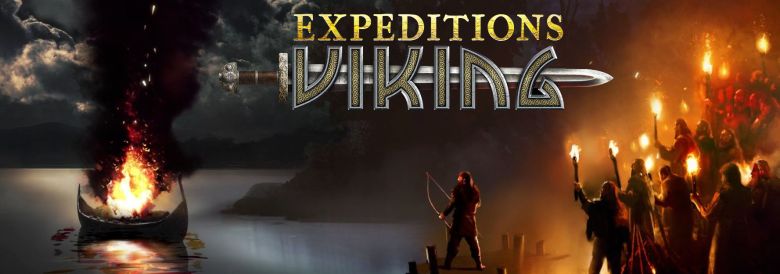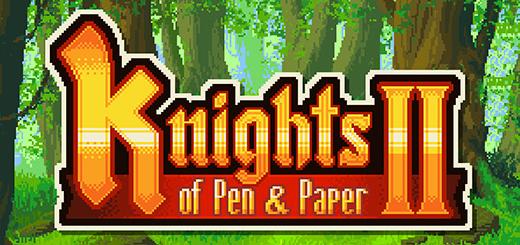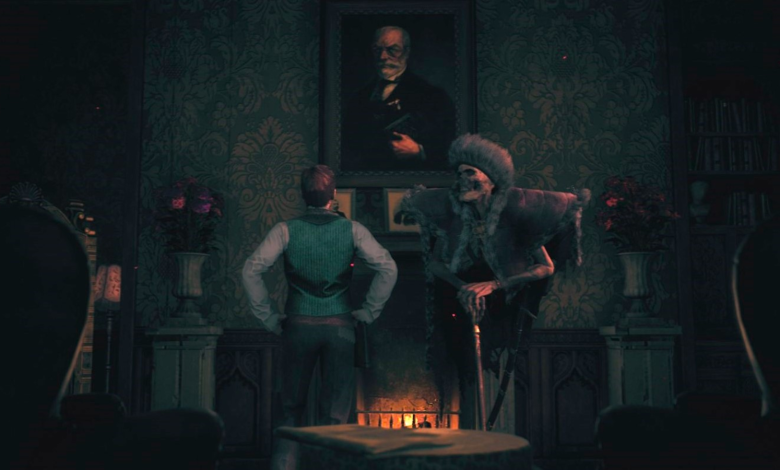
THE THAUMATURGE Review
Games in a historical setting will always strike a sensitive chord within me. Which is doubly true if the historical setting in question is something fresh, unique by industry standards, and in no way overused. The Thaumaturge by the Polish devs at Fool's Theory (who worked on the lovely Seven: The Days Long Gone, and are currently also working on the upcoming Witcher Remake) was announced exactly 1 year ago, officially released a few hours ago, and falls 100% within the aforementioned category of historical games, as it takes place in early 20th century Warsaw. The year and location are of course mainly the means to tell the game's unique story, a story that has more supernatural overtones than one might expect.
This supernatural element has such a deep and original lore, that it would probably require writing a separate article on its own. But let's at least start with some basics, such as the fact that the game's protagonist is Wiktor Szulski("with a 'W', not a 'V'"), who of course is also the eponymous Thaumaturge referred to in the title.
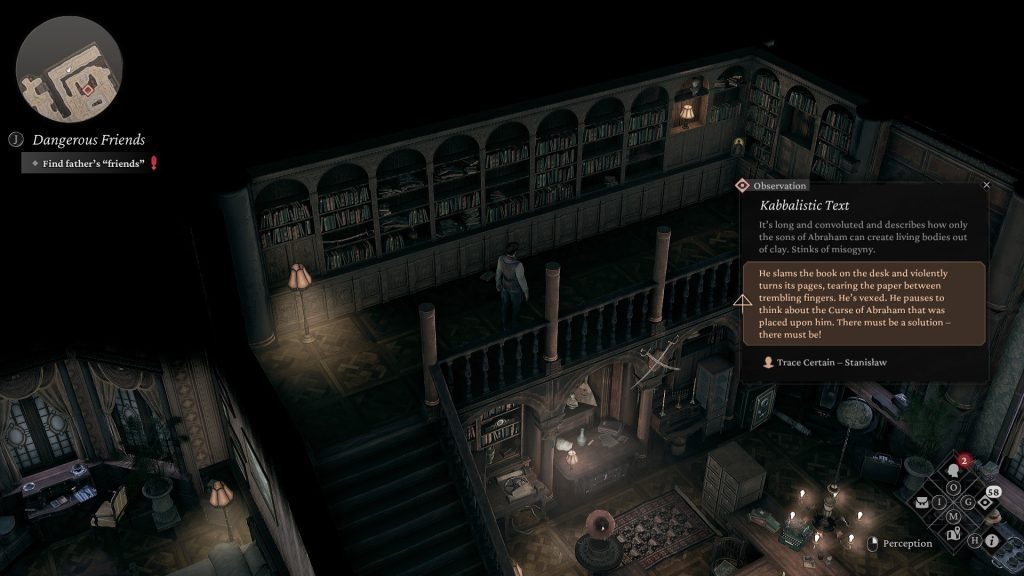
But what IS a Thaumaturge? Think of them as individuals who have been endowed from birth with gifts that the average peasant would bluntly describe as "magic". These gifts allow them to, on one hand, interact with and capture demons that inhabit the "ethereal dimension" and are attracted to/feed on the "Flaws"/sins of humans called Salutors (which are inspired by various aspects of Slavic and non-folklore). On the other hand, to trace the human "stigma" left on objects and locations - thoughts, smells, feelings, etc., of the person who possessed or even temporarily handled an object - a skill that, predictably, makes Thaumaturges competent and sought-after detectives. Equally expectedly, of course, not all people are so positively disposed towards Thaumaturges, with their "magical" skills and their interaction with demonic beings causing fear or even outrage among the masses on more than a few occasions.
A Thaumaturge's bond with his personal Salutor is not a given, however, and it is possible that due to various factors it may be worn down to the point of extinction. This is exactly the situation that the protagonist Wiktor finds himself in at the beginning of the game, as he heads to a small village where a renowned mystic-healer reportedly resides who may be able to reverse this decay.
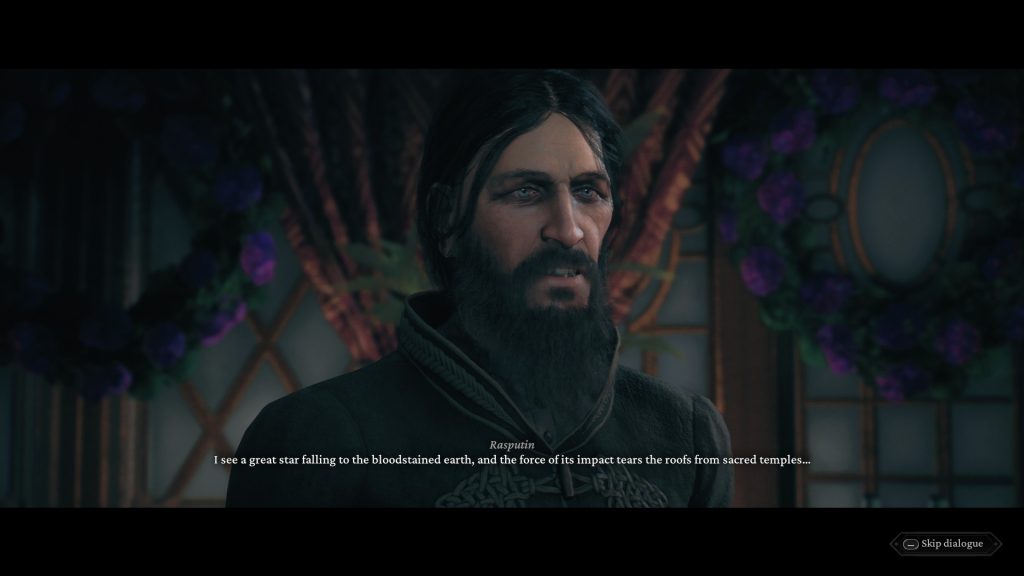
Purely in terms of gameplay elements, The Thaumaturge is an AA isometric RPG with turn-based battles. This simplistic characterization, however, probably doesn't faithfully convey the fact that almost all of the game's individual features are unique in one way or another. Starting with the setting itself, with 1905 Warsaw being a powder keg ready to burst, as both the background and foreground of the city are filled with clashes between every possible faction: outlaws of various kinds, undercover agents, socialists looking to overthrow the established order, agents of the Czar looking to impose Russia's will on Warsaw and the wider region (which was, after all, still part of the Russian Empire in the early 20th century), nationalist Poles seeking independence for their country... and of course, the city's Thaumaturges and their persecutors. Our choices in the game's dialogues and quests determine Wiktor's exact path through this "minefield", whether he will support any of the warring factions to the end, and whether he will manage to survive the world-changing events that take place as part of the plot.
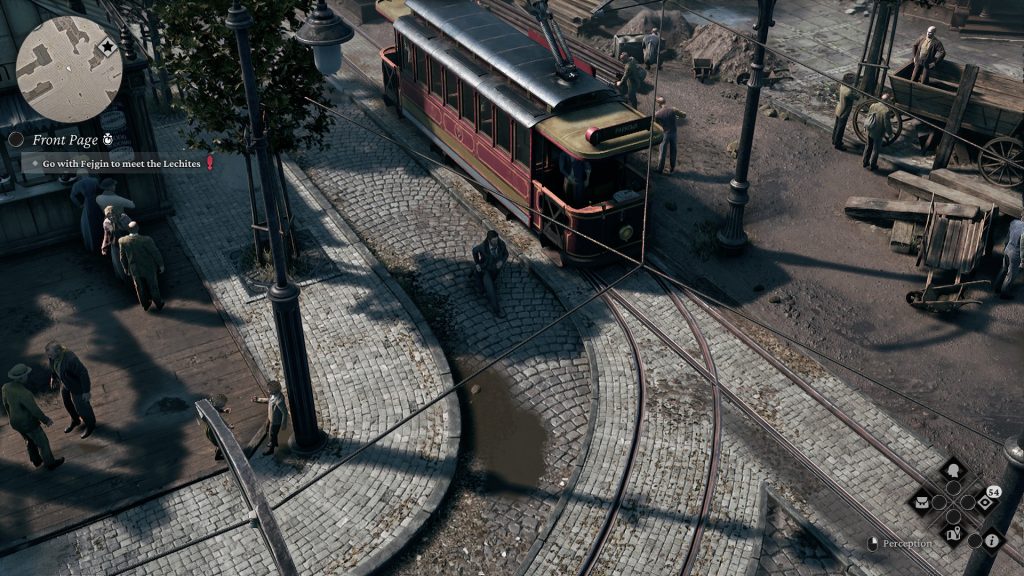
Then we have the game's skill system, with each of the 4 available Skill Trees (Heart, Mind, Deed, Word) corresponding to a Thaumaturgy Dimension that Wiktor can utilize during the dialogues and battles. These Skill Trees are also interconnected with the Salutors that can be captured during the course of the game, so mastering any or all of them also requires the capture of specific Salutors (all of them are encountered sooner or later during the progression of the main or secondary quests, although the capture of the strongest of them is optional). Earning XP in-game (through exploration, combat or quest resolution) earns Skill Points which can be placed in Skill Trees, unlocking bonuses to combat skills and options in certain critical dialogues (for example, a dialogue option may require you to have dedicated 10 points to the Heart tree to make it available).
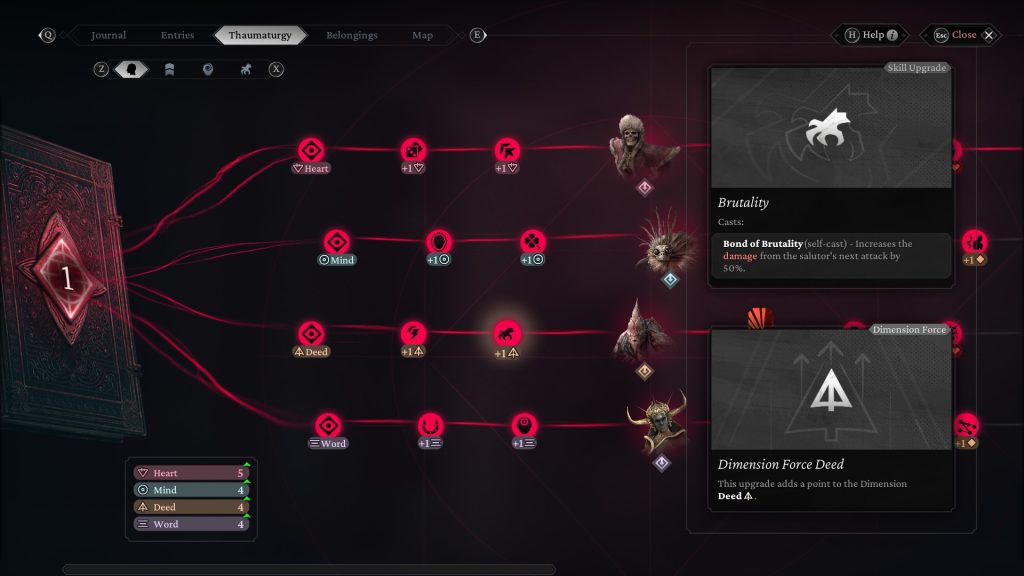
Finally we have the Turn-Based battles, the implementation of which may be the most original gameplay element of The Thaumaturge. In these we control Wiktor and his Salutors in parallel (we can change the active Salutor at will during combat), each of which has distinct skills. The particularly original factor is that of time, as in addition to skills that act instantly there are many that act in 2 or 3 turns (or others whose time and power of action depend on the HP of the opponent to whom they are applied), which adds a particularly high tactical and strategic factor. Opponents of all kinds (human or supernatural) have in turn special offensive and defensive Skills, with many of the defensive ones requiring the use of a specific Salutor on our part in order to be penetrated. Also, in addition to the standard HP, Wiktor and his opponents have a separate counter of Focus points, which also become damaged by using certain skills only, and if they reach zero then the holder becomes open to attacks capable of inflicting increased damage.
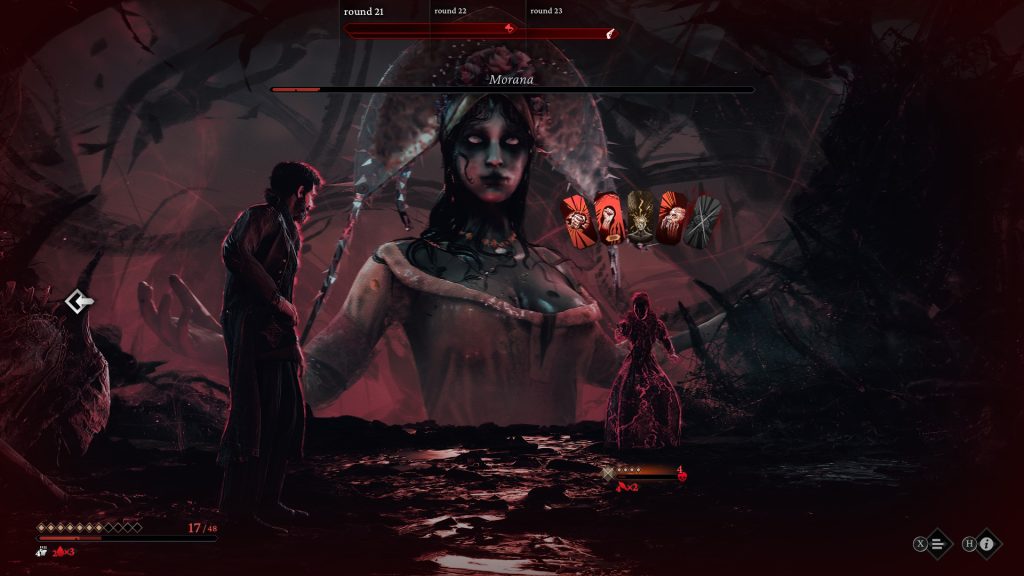
At first glance the above may seem slightly complicated, but the way all the systems and subsystems manage to work and cooperate flawlessly is almost masterful. And this is the game's first big "win", purely in terms of the sheer technical aspect that is. But even beyond that, The Thaumaturge is a predominantly story-driven game, and it does extremely well in the more "literary" areas as well. The mix of historical and socio-political characteristics of 1905 Warsaw with the supernatural element surrounding Wiktor, his family, and the wider world creates a unique and fully immersive atmosphere. This atmosphere is further enhanced by the mostly solid writing, both in terms of the dialogue, the available quests and Wiktor's personal story.
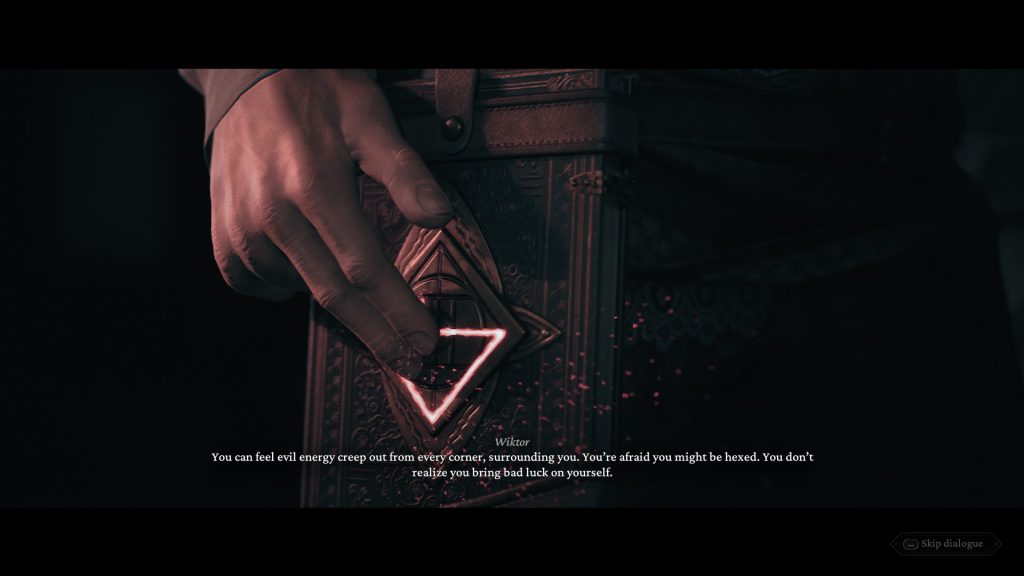
There are also flaws, of greater or lesser severity. The main one I could point out is the fact that, although there are choices in the course of the game that determine Wiktor's broader socio-political orientation, the path he'll choose towards the game's ending, and whether or not to capture a Salutor for example, the individual quests are nevertheless quite linear in their resolution. Meaning, of the Investigations that Wiktor will attempt to complete, 9 out of 10 will exclusively have a single possible final outcome, and the path through them will follow a specific and predetermined route that requires certain steps to be taken that do not change, which greatly reduces any replayability potential. Having completed all of the game's sidequests (it took me about 20 hours for this full playthrough), I can only recall 2 or 3 which provided more than one way to approach their ending, which was still the same regardless of the options.
Other lesser complaints concern the game world itself, with many of Warsaw's visitable locations being more empty in terms of content than I'd like. There are some short, rudimentary sidequests in the game that involve, for example, collecting photos or engravings or clothing for Wiktor (oh yeah, I forgot to mention that the protagonist's hairstyle and clothing are customizable) that attempt to offer more "things to do" in some areas, but on their own are probably not enough. The uneven quality of voice-acting at times could also be pointed out, but this is probably an expected trait for an AA title, as is the occasional jank in the models and their movement. Finally, as interesting as the combat system is, I can't hide the fact that there were moments when I was annoyed because of the "trash mobs" that interrupted my exploration. The fights against Salutors were nice, but having to beat up 6 random thugs on the Vistula waterfront just before a crucial step of an interesting questline ended up being slightly frustrating.
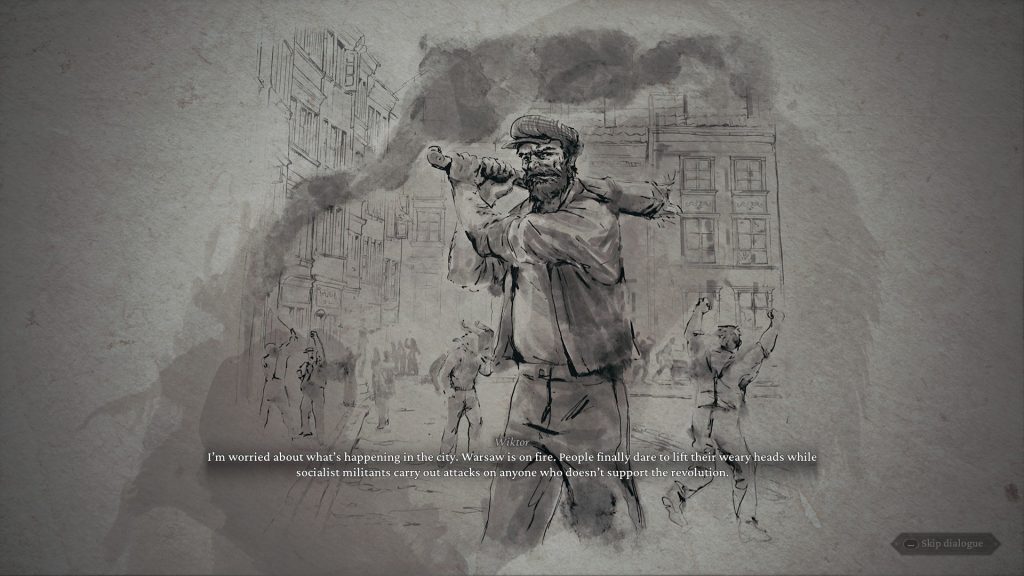
But as an AA title, with all that entails, The Thaumaturge is perhaps the most solid and decent game that could be created, and then some. It's clear that the devs had a vision for the title and the unique setting, aimed above any low-to-moderate budget constraints, and largely succeeded. Despite its flaws, The Thaumaturge is full of character and atmosphere, with solid writing, an interesting and original turn-based combat system, and bug-free even in its pre-release version. Wiktor Szulski may still have work to do in order to climb into the pantheon of our favorite "Made in Poland" heroes, but getting to know him for the first time certainly whets the appetite for further Thaumaturgical adventures.
RATING - 83%
83%
Miracle on the Vistula
The Thaumaturge, with its unique setting that combines Slavic folklore with a largely unexplored time in world history, is a title that oozes character. It's certainly not without its flaws, but as far as 'AA' titles go this one is as solid as they come.




